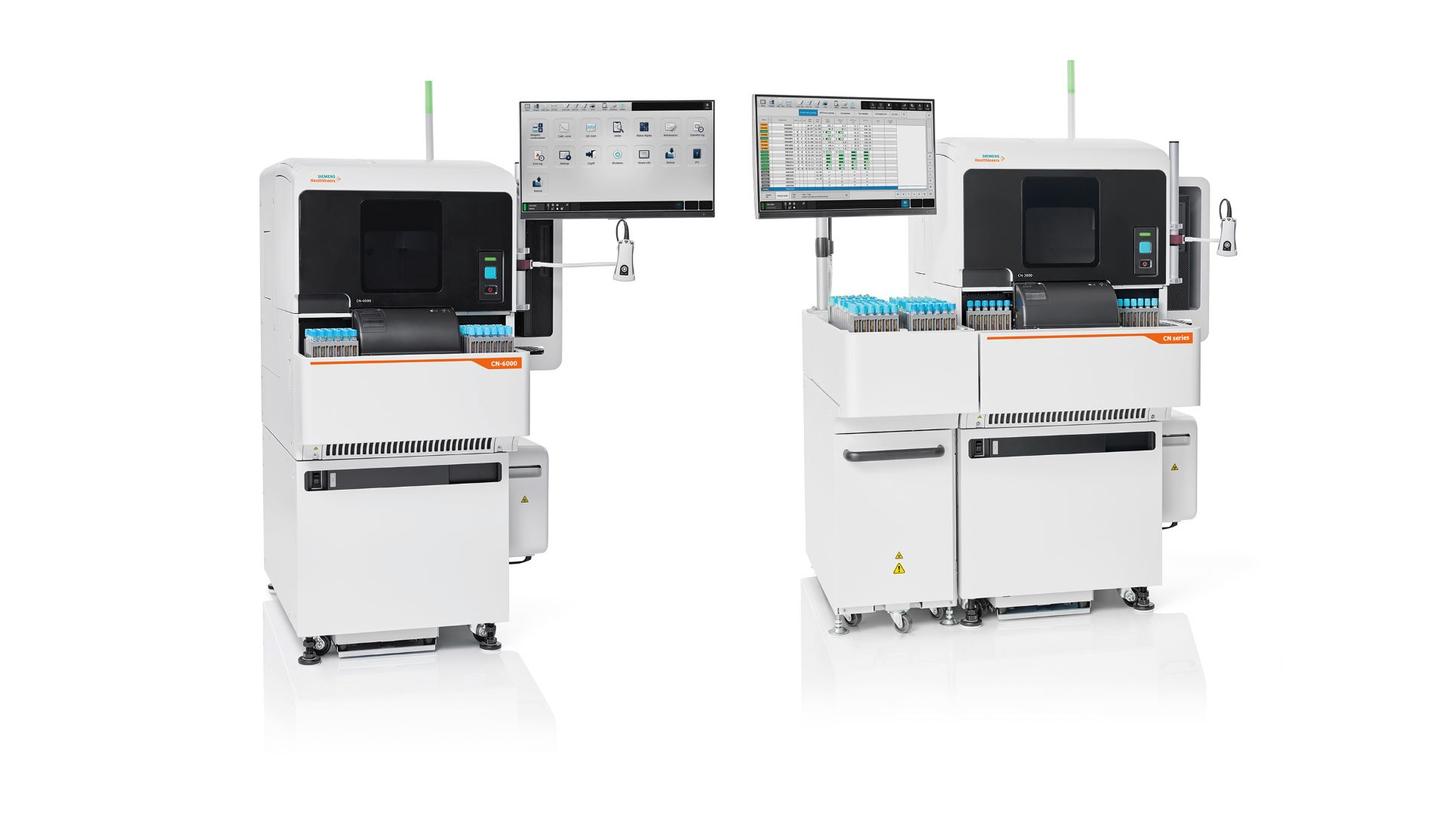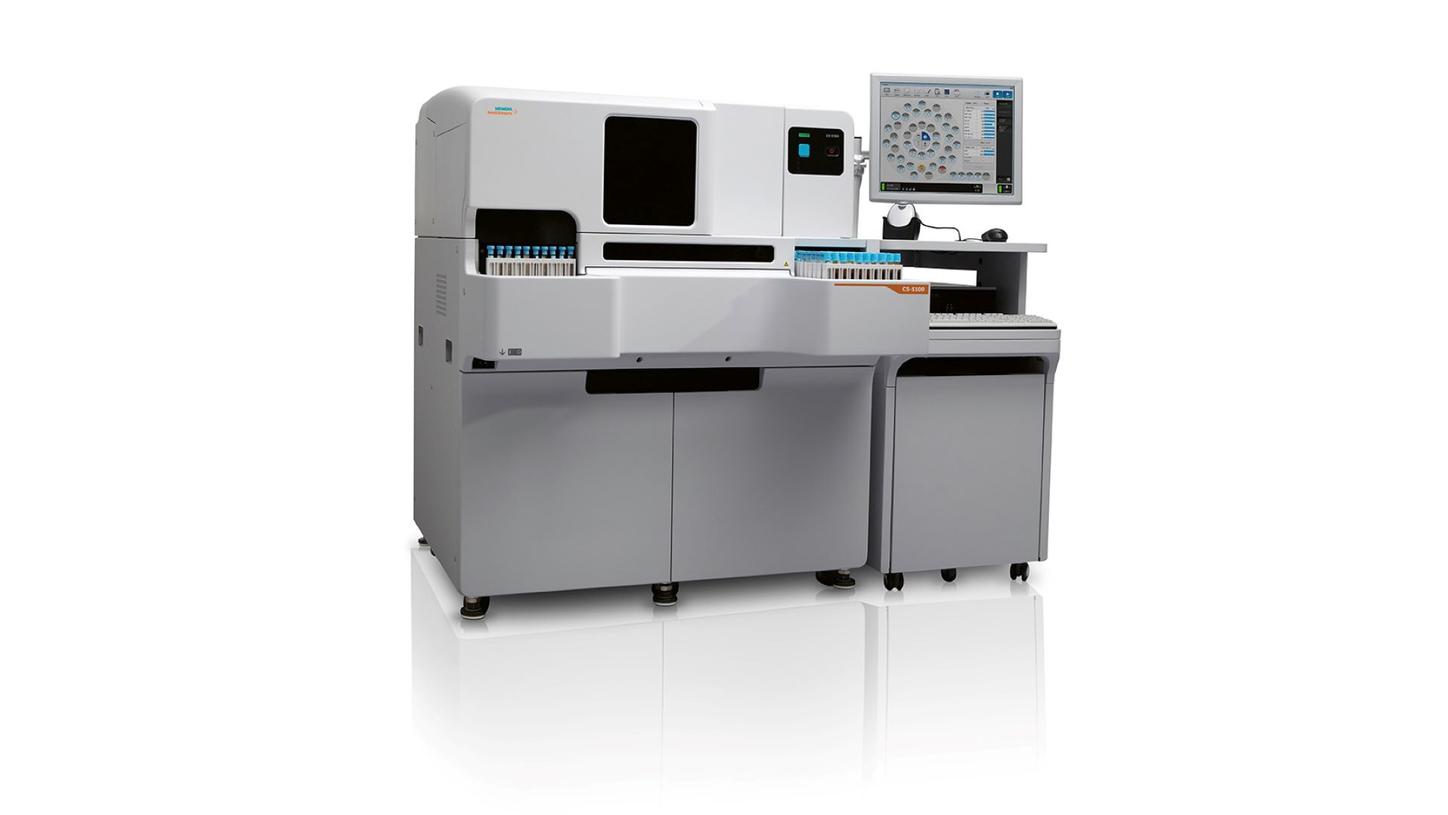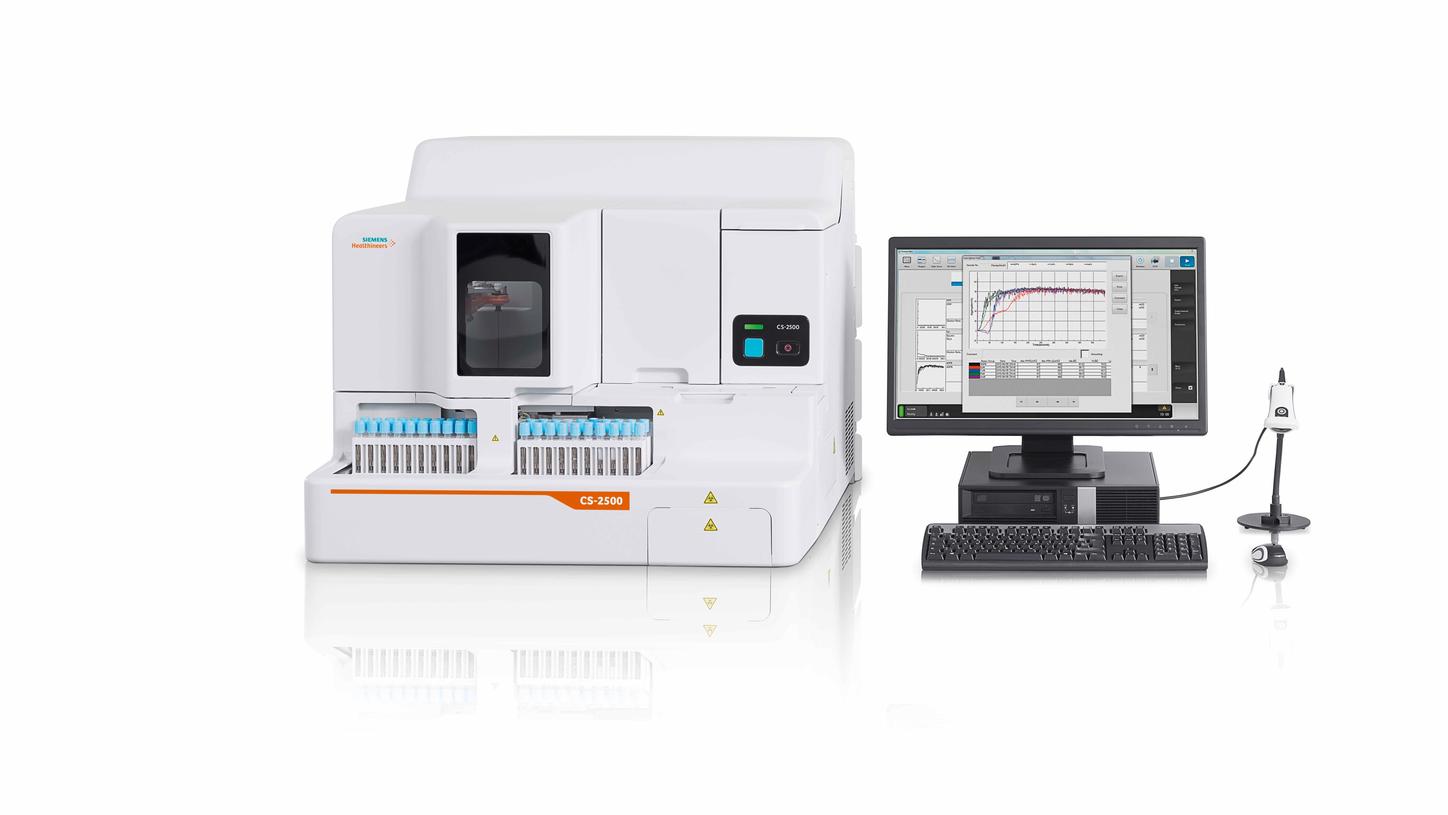
INNOVANCE Free PS Ag Assay
Easy, specific, and stable protein S antigen testing
The INNOVANCE® Free PS Ag assay is straightforward to use and easily fits into the laboratory routine. Meanwhile, the ISTH Guideline1 recognizes that free protein S antigen assays are the first-line diagnostic for protein S deficiency. The INNOVANCE Free PS Ag assay is a liquid latex reagent with high specificity for free protein S using two different antibodies that do not bind to protein S/C4b-binding protein complexes. In addition, this assay shows low interference with rheumatoid factors and heterophilic antibodies.
Did this information help you?
Marlar RA, Gausman JN, Tsuda H, Rollins-Raval MA, Brinkman HJM. Recommendations for clinical laboratory testing for protein S deficiency: communication from the SSC of the ISTH. J Thromb Haemost. 2021;19:68-74. https://doi.org/10.1111/jth.15109
Brinkman HJM, Ahnström J, Castoldi E, Dahlbäck B, Marlar RA. Pleiotropic anti¬coagulant functions of protein S, consequences for the clinical laboratory: communication from the SSC of the ISTH. J Thromb Haemost. 2021;19:281-6. https://doi.org/10.1111/jth.15108
Not available for sale in the U.S. Product availability may vary from country to country and is subject to varying regulatory requirements.
Product availability may vary from country to country and is subject to varying regulatory requirements. Please contact your local Siemens Healthineers organization for further details. In the U.S., platelet aggregation testing is for research use only, not for use in diagnostic procedures.









